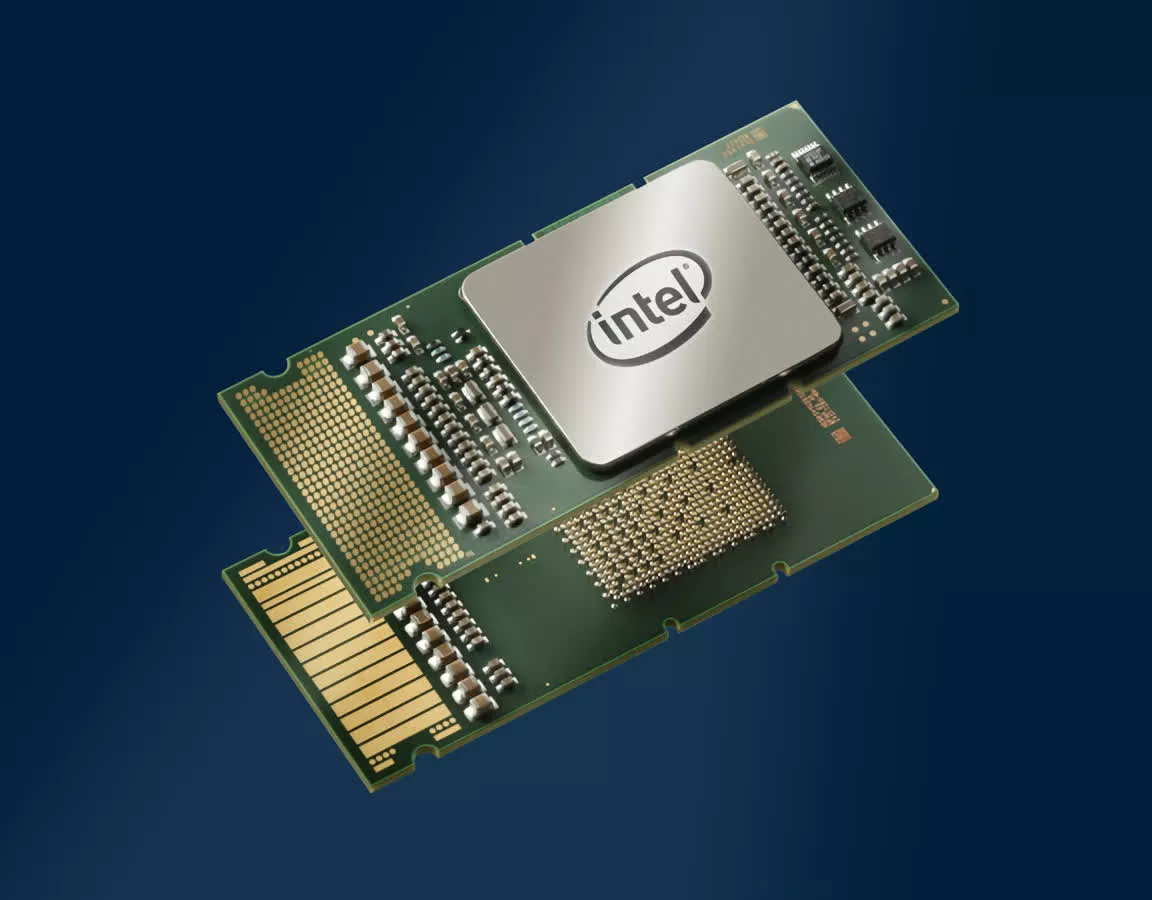Looking back: After 20 years of failing to make a mark on the wider computing world, Intel finally stopped shipping its Itanium processors this past Thursday. While the company shifted its focus back to the more familiar x86 instruction set architecture (ISA) back in 2004, it kept Itanium going for another decade and a half, until it was put on the chopping block in 2019.

Itanium was the offspring of a 1990's partnership between HP and Intel, back when the range of ISAs in use was far more diverse than the x86 and Arm titans of today. The IA-64 architecture was designed to push forward into the realms of then-exotic 64-bit computing, as well as replace the proprietary solutions in use by many individual companies.
However, the project was quickly dubbed "Itanic" for the amount of cash being spent on it, its ambition, and its eventual results. Itanium's promise ended up sunken by a lack of legacy 32-bit support and difficulties in working with the architecture for writing and maintaining software.

The dream of a single dominant ISA wouldn't come about until a few years later, but it would come about thanks to the AMD64 extension to the incumbent x86 instruction set. Then-senior VP (and now-CEO) Pat Gelsinger was steering the Intel's Digital Enterprise Group at the time, and when 64-bit capability and multi-core computing came to x86, the company's Xeons proved much better suited to the market's demands.
The rest is history -- ol' reliable x86-64 remains the ISA of choice to this day, only challenged by Arm, and ended up substantially outpacing its Itanium cousin handily in both core counts and clock speeds. Even so, Intel continued to work on Itanium over the years, until the last generation was announced in 2017.
That has finally come to a conclusion this week when the last Itanium silicon shipped. But if you're an extremely brave enterprise user with a very specific platform from two decades ago, The Register seems to have spotted a whole load of Itanium parts on the second-hand market. Go wild.
https://www.techspot.com/news/90622-intel-itanium-finally-dead.html